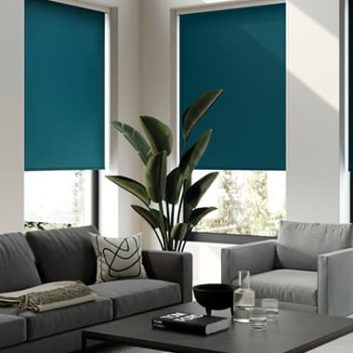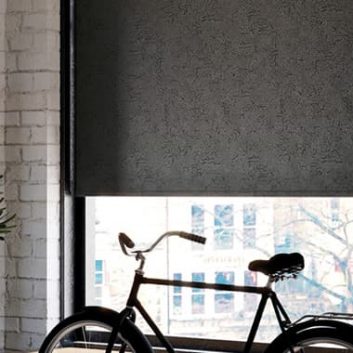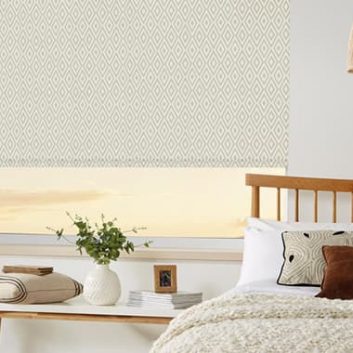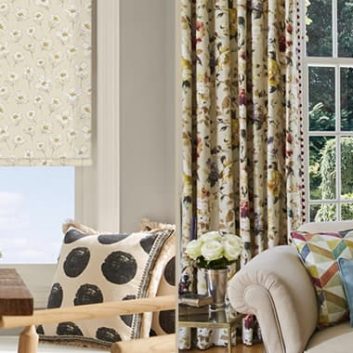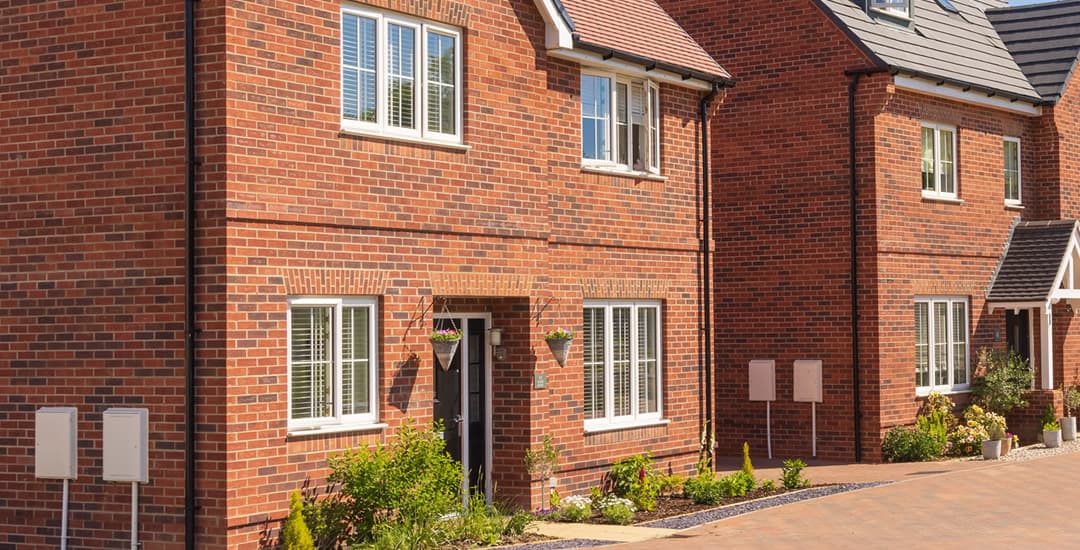
Yes, generally; if they work to complement the home itself, and particularly if they are to the tastes of your prospective future buyer.
Whether you’re seeking to invest in your home’s long-term value for your own enjoyment or are trying to increase its kerb appeal with a view to selling, it’s natural to be interested in finding out what might add to the value of your home without costing more than the added value it brings!
This blog post will tell you more about using wooden blinds to increase a home’s value, how this works, and any potential limitations.
Do wooden blinds increase a home’s value above your initial outlay on the blinds?
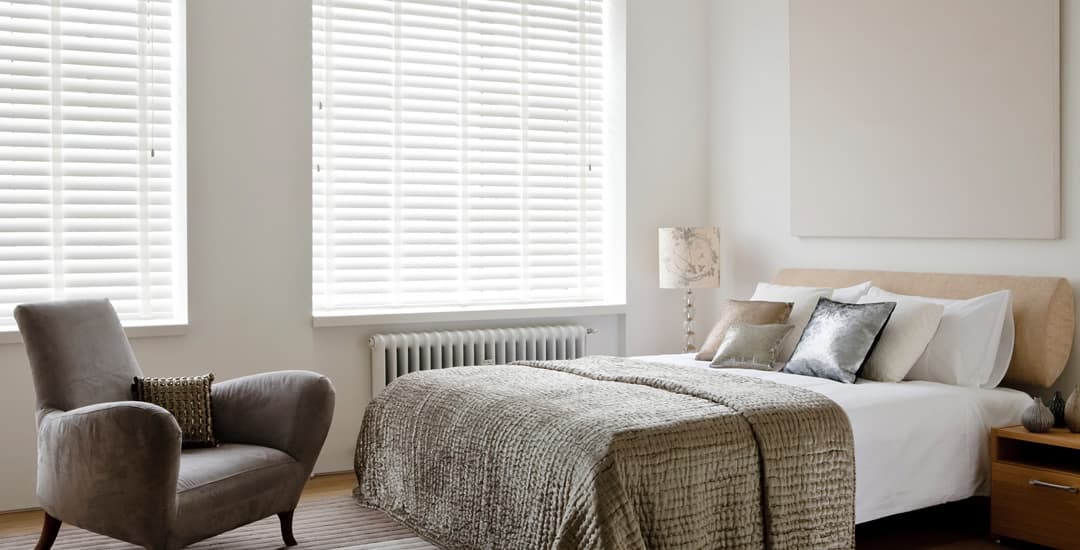
This is a very contextual question, with a few different elements to it! I can’t give a straight yes or no answer to each of them/all of them for every individual home, but you can probably do this yourself once you’ve run the numbers.
When/how do wooden blinds increase a home’s value over the cost of the blinds themselves? In these situations:
- If you plan to stay in your home for several years and will gain/recoup the expense yourself in your functional and aesthetic enjoyment of your blinds.
- If that sounds a bit abstract, well, wooden blinds are also a great natural insulator, which means that they can be used to block draughts from your windows and generally, reduce heat loss and help to maintain a comfortable room temperature. This in turn helps you to save energy and of course, money on your energy bills. So, wooden blinds could increase your home’s value in terms of both the savings they make you directly in this respect, and in the overall energy efficiency rating of your home for future sales.
- Wooden blinds can increase the “kerb appeal” of your home, which in turn may mean you can appeal to more buyers and achieve a higher asking price when you sell. How dramatic this effect is and the overall potential return on your investment can vary a lot, but it is worth finding out what wooden blinds would cost and taking advice from an estate agent or another real estate professional about the sort of asking price increase you might be looking at from there before you decide.
Do wooden blinds increase a home’s value even if they’re a few years old?
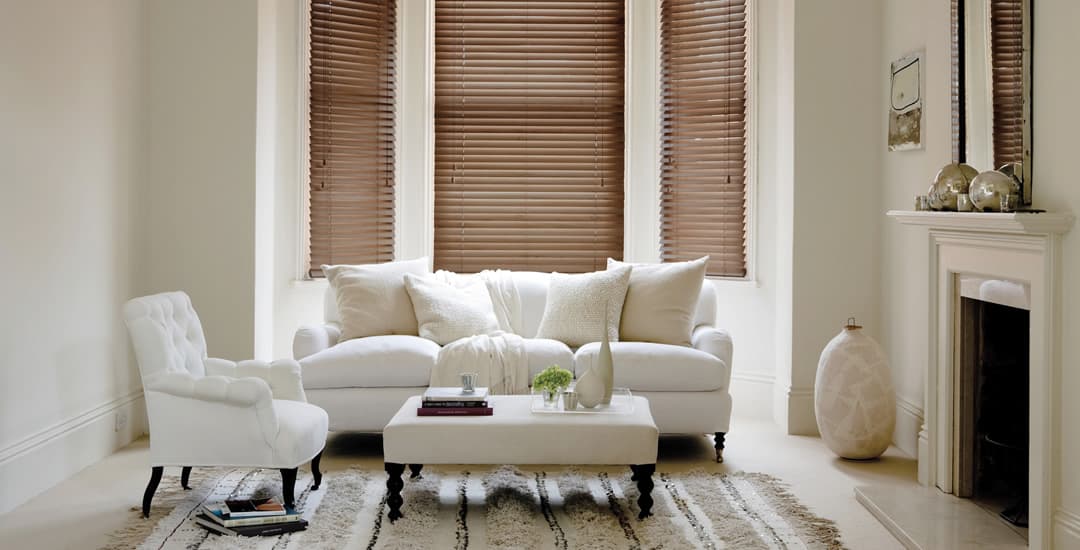
If they’ve helped to reduce your heating spend and will help to reduce the future heating spend of a potential buyer too, then even older wooden blinds will continue to be a good investment down the line.
Also, wooden blinds that are made to measure from a reputable company (like us) don’t start to fail or look shabby after a few years, and so it can be extremely hard to tell that good quality wooden blinds are several years old anyway. Unless your wooden blinds are well over a decade old or have been used in inappropriate settings that have caused them damage (such as steamy/humid rooms like kitchens and bathrooms, as wooden blinds are not waterproof) then your wooden blinds should still look good and function properly many years after they were fitted.
Do wooden blinds increase a home’s value in terms of their kerb appeal alone?
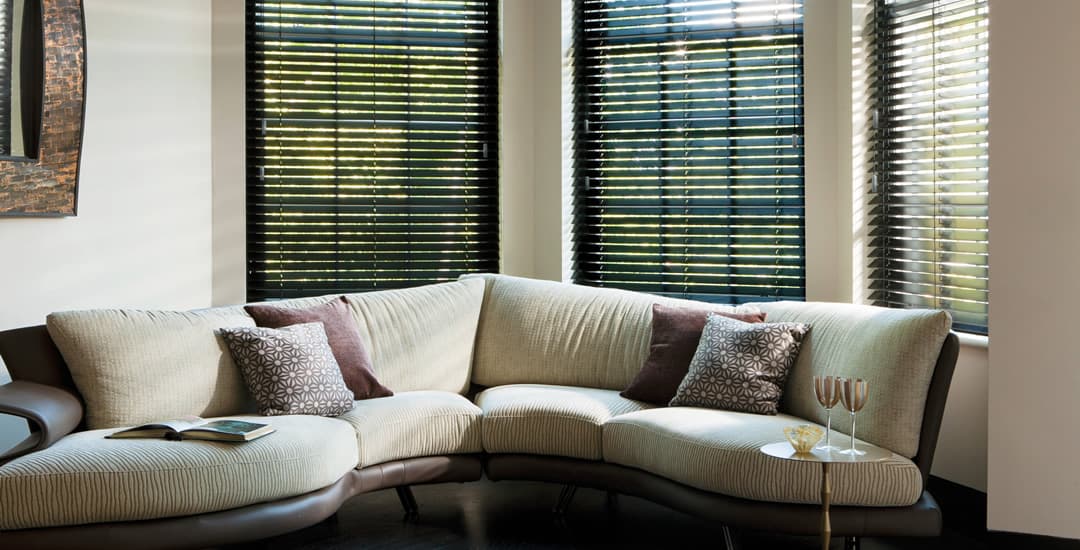
If you’re looking solely at kerb appeal and increasing the potential asking price of your home rather than your own preferences/enjoyment and potential cost savings over the long term, do wooden blinds increase a home’s value to prospective buyers?
Generally yes, if the blinds are in keeping with the style of your home both inside and out. Wooden blinds (particularly if you’re buying them for the whole home) can be costly, however; and so it is important to run the numbers before you invest in an upgrade of this type solely with the intention of selling your home.
Wooden blinds do tend to appeal fairly universally to would-be buyers, and even if your prospective buyers don’t actually like and plan to keep the blinds, they still contribute to the overall finish and so, market value of your home overall.

